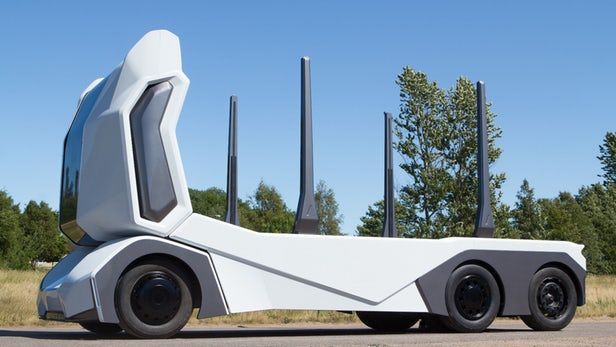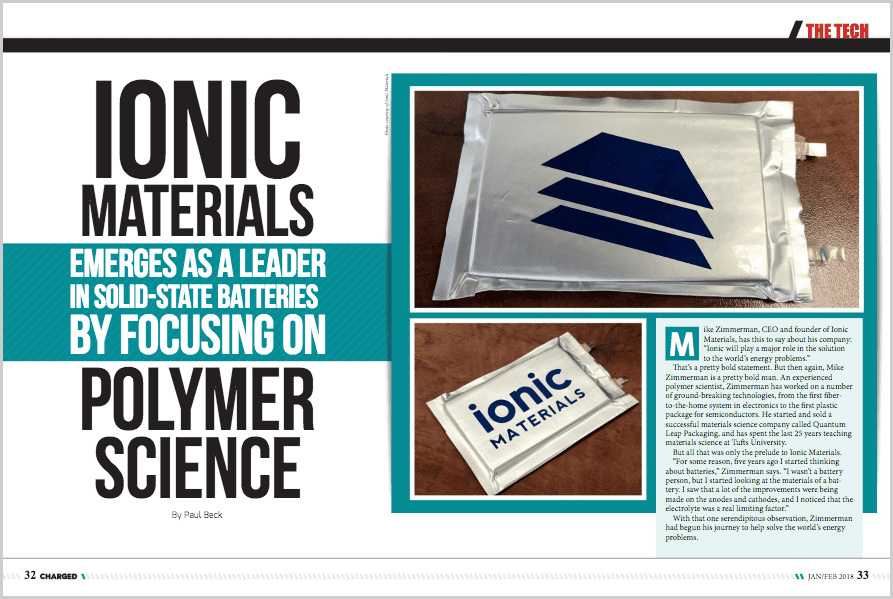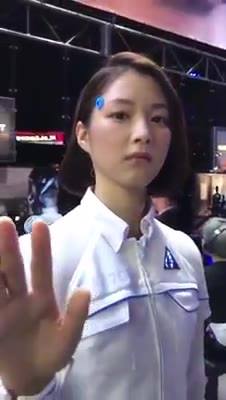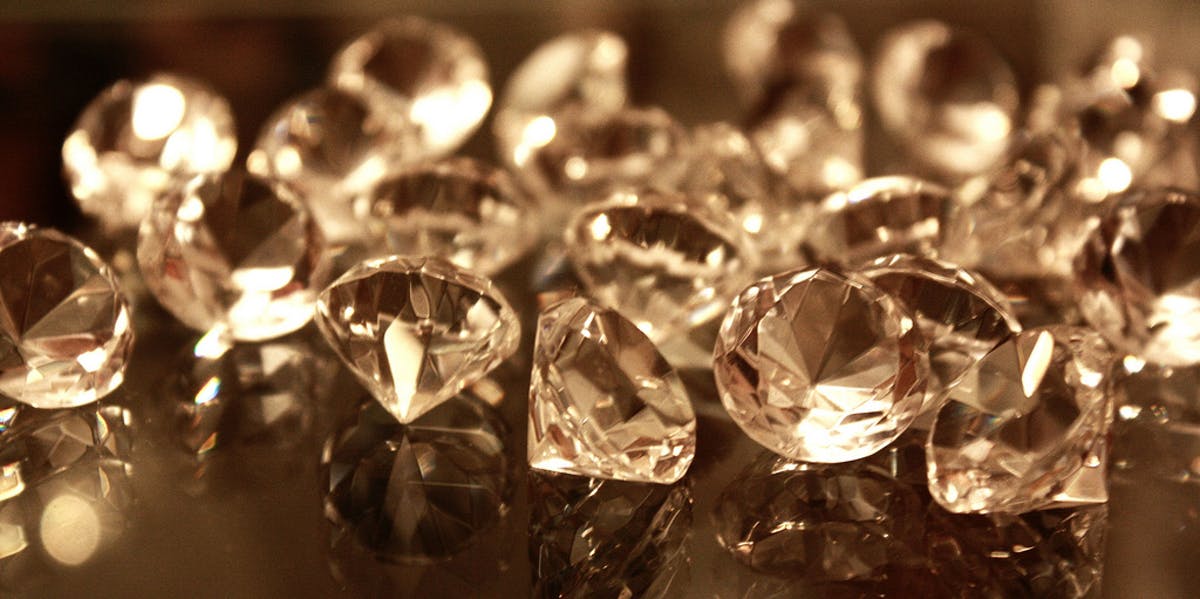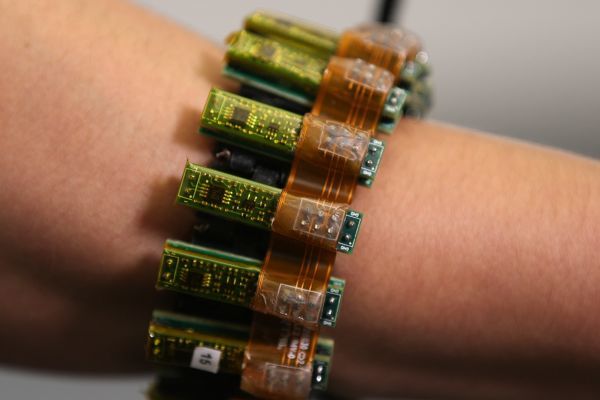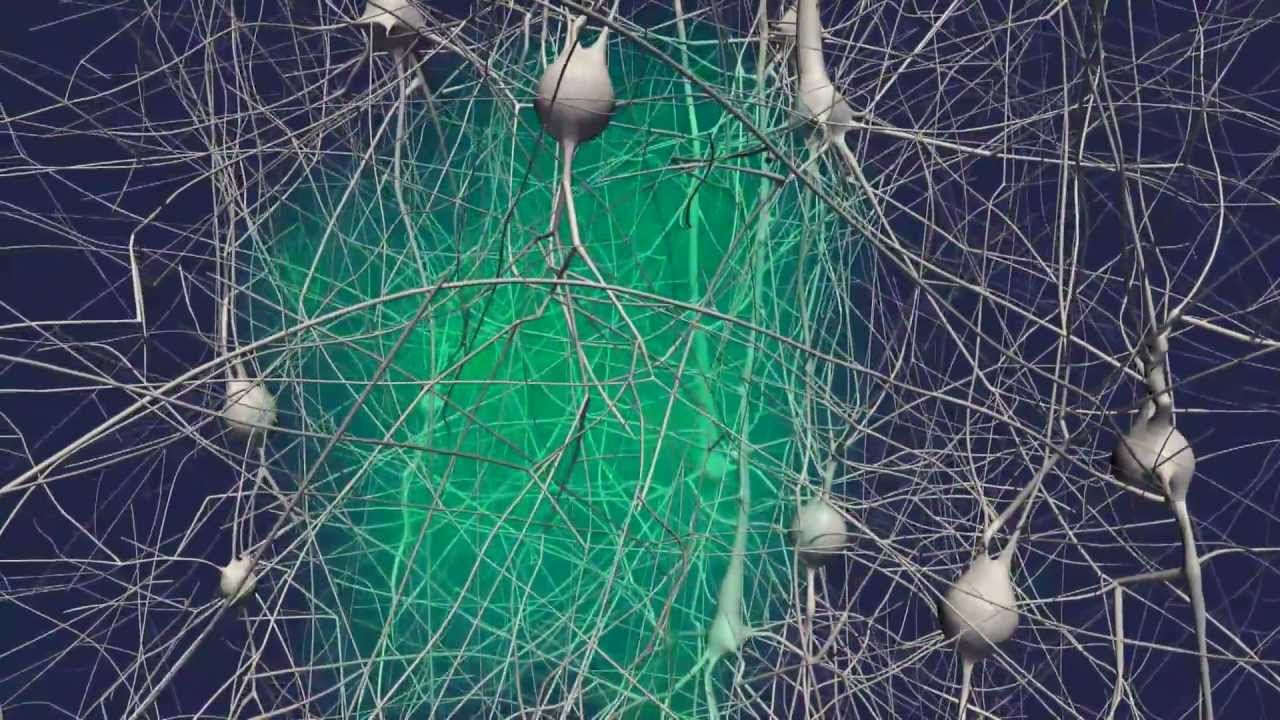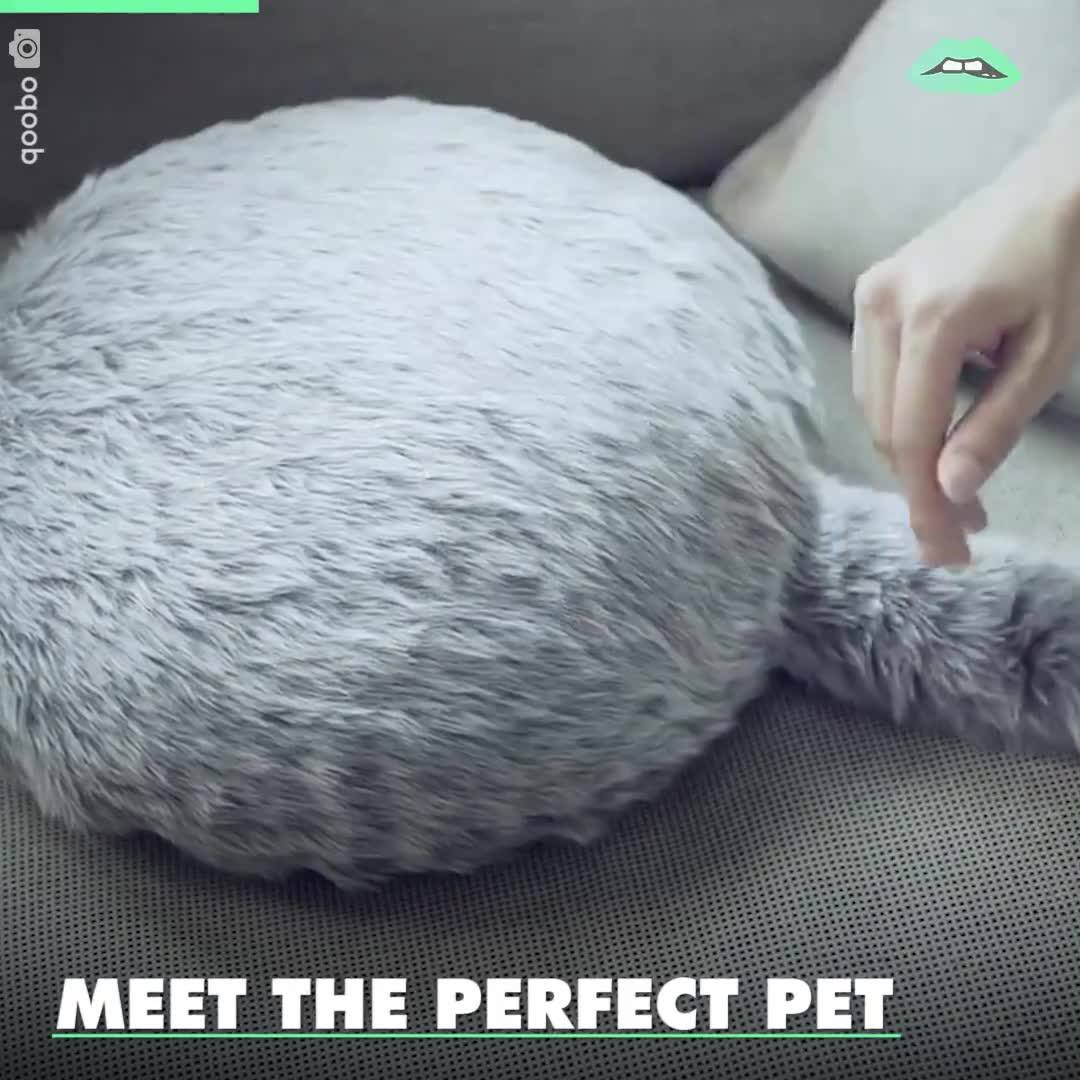Full automation of things like Logging, and Mining is not that far off. A humanoid robot that can do all the tasks of those sorts of jobs is already really close, the main issue right now is copying Human Hands, and it is almost there. Then, having vehicles like this to haul the stuff out of there. And, then those jobs are gone for good.
It might not be the quickest vehicle at the event, but Swedish transport company Einride has chosen the Goodwood Festival of Speed to reveal the T-log, an autonomous, electric logging truck. Incorporating some unusual purpose-built design for the niche logging market, the vehicle is designed to go off-road and to navigate forest roads with and without loads.
